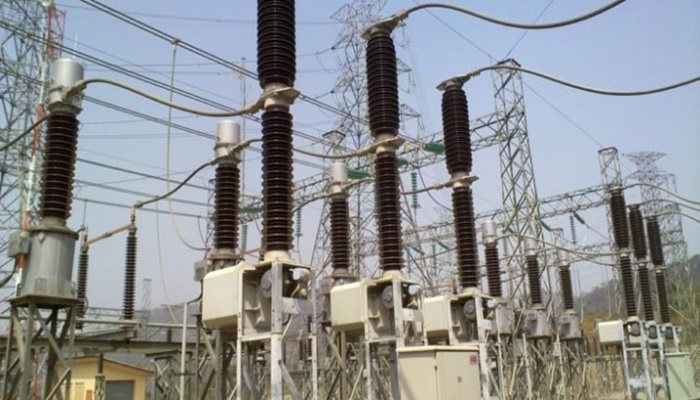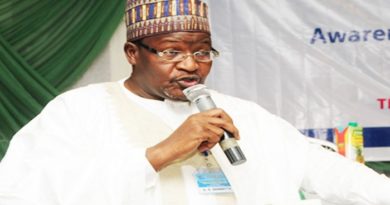Group kicks against proposed 40% electricity tariff hike
A civil liberty organisation, Network for Advocacy and Good Leadership Initiative (NAGLI), has kicked against the proposed 40 per cent electricity tariff hike by the Federal Government, saying the move will further plunge Nigerians deeper into suffering.
Arguing that the plans were untimely, the group said Nigerians were still battling with the negative effects of the fuel subsidy removal.
The Director-General of the group, Dr Agodi Kanu, said this in a statement issued on Wednesday.
He urged the government to reconsider the proposed 40% hike, calling for meaningful engagement with stakeholders; transparency in decision-making processes; and the pursuit of sustainable solutions that prioritise the welfare and economic prosperity of all Nigerians.
The statement read in part, “The Network for Advocacy and Good Leadership Initiative (NAGLI), strongly opposes the recent proposal by the Federal Government of Nigeria to increase electricity tariffs by 40%.
“We firmly believe that such a significant increase in electricity costs will have detrimental effects on citizens, businesses, and the overall economic well-being of the country. The timing in the unpleasant face of the recent removal of fuel subsidy without cushioning palliatives is unpalatable and unpopular.
“We present nine key points that outline our disapproval of the proposed hike in electricity tariffs and three antidotes.
“A-40% increase in electricity tariffs will place an additional financial burden on already struggling households, thereby further exacerbating their challenges.
“Small businesses, which form the backbone of the Nigerian economy, will face increased operational costs, resulting in reduced profitability and potential job losses.
“Higher tariffs will lead to decreased affordability and accessibility of electricity for many Nigerians, hindering progress and limiting development opportunities.
“We, however, suggest that instead of burdening citizens with increased tariffs, the government should focus on promoting renewable energy sources and investing in sustainable solutions to address the electricity supply challenges.
“Rather than burdening consumers with higher tariffs, the government should prioritise customer welfare by addressing issues such as metering, and tariff harmonisation.
“That issues of disconnection without notice, poor response mechanism and self-enrichment of field staff through sharp practices must be dealt with.”




